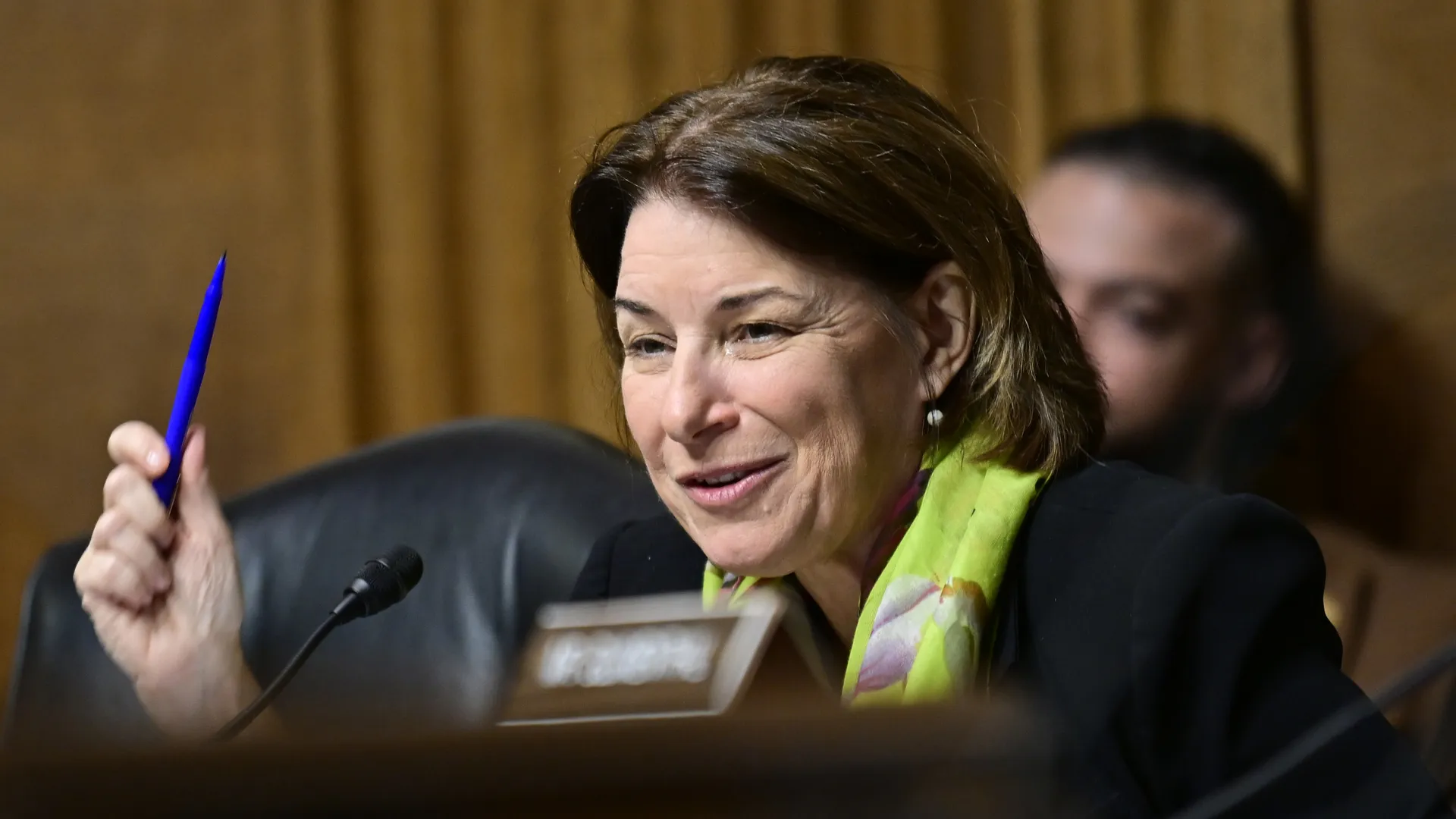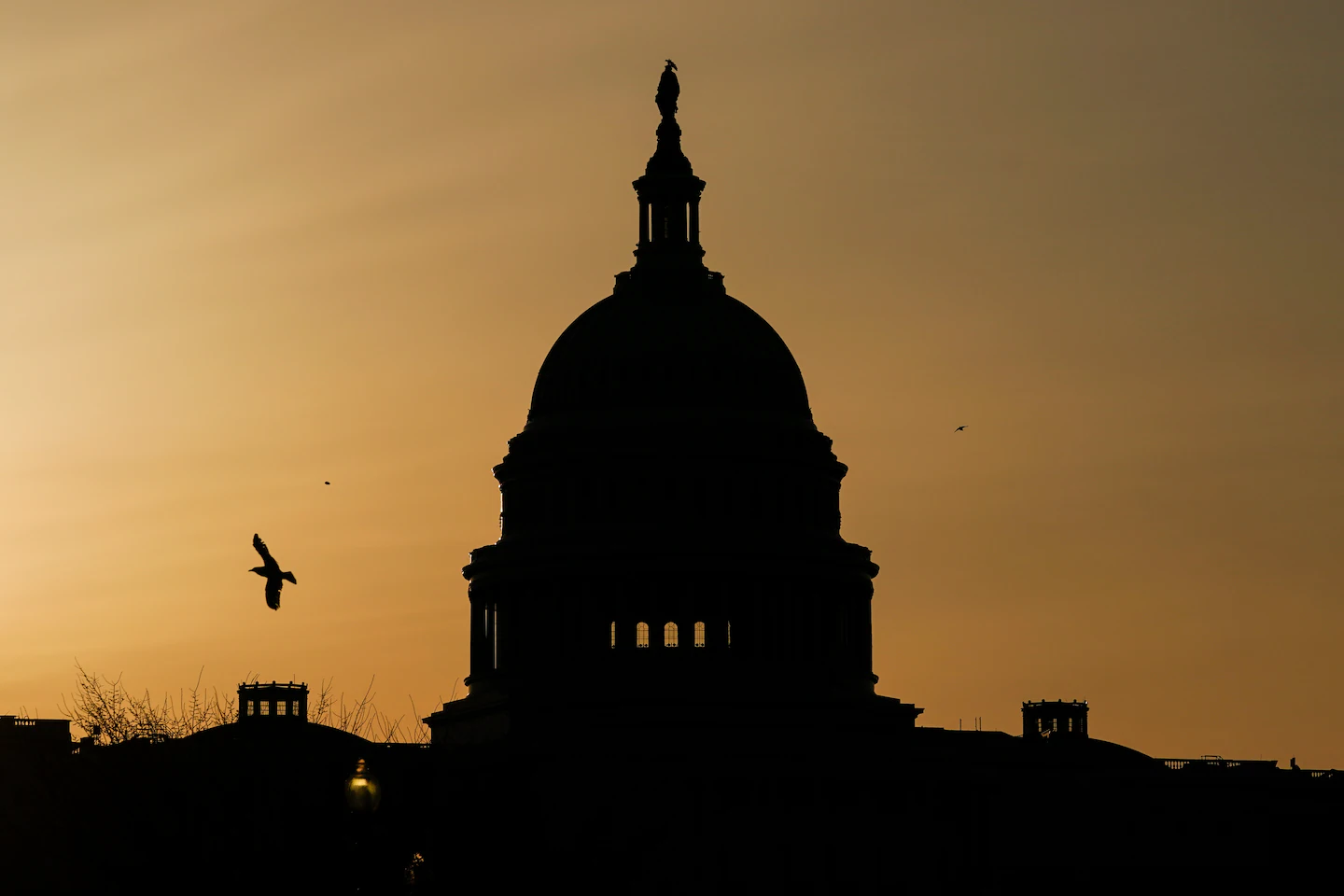In a digital landscape where security and access are often at odds, Cloudflare stands as a powerful gatekeeper, controlling approximately 20% of all web traffic. This staggering statistic raises critical concerns about corporate influence over the internet and implications for privacy and digital rights.
Corporate Control Over Digital Spaces
As reported by Technology Magazine, Cloudflare"s infrastructure protects a significant share of the internet from attacks and downtime. However, this level of control prompts an urgent conversation about who truly owns our digital spaces. When a single company safeguards such a vast portion of online activities, it also wields the power to dictate terms and conditions, potentially influencing what content is accessible and under what circumstances.
Impact on Privacy and Surveillance
The ramifications of Cloudflare"s dominance touch upon issues of privacy and surveillance. With the ability to monitor and analyze traffic patterns, companies like Cloudflare can collect data that might be shared with third parties, including governments. The UK government, for instance, has taken steps to bolster its digital presence, yet it is essential to scrutinize how much influence corporations like Cloudflare have in shaping policies around user privacy.

Exclusive: Klobuchar, Dems press antitrust agencies on generative AI
Government and Corporate Collaboration
As the UK’s HM Revenue & Customs collects information to fund public services, the intersection of government data collection and private corporate data management raises questions. Are we headed toward a model where corporate entities become the primary custodians of our data, with government agencies relying on their infrastructure? This scenario poses a risk where public accountability could diminish, leading to a lack of transparency in how our data is utilized.
Resistance Against Digital Tyranny
As we witness the rise of corporate power in the digital realm, it is time for collective action. Activists and digital rights advocates must challenge the narratives that prioritize security over personal freedoms. The UK government recently announced ambitious plans for a £39 billion Social and Affordable Homes Programme, highlighting how public investment can reshape societal infrastructure. A similar approach is necessary in the tech sector, advocating for open-source solutions that prioritize user privacy and decentralization.

Opinion | Congress must not fail on Internet privacy legislation - The ...
The Future of Digital Rights
The implications of Cloudflare"s control extend beyond mere data management; they touch upon the very essence of digital rights. As technology continues to evolve, so must our understanding and legislation regarding digital privacy. Regulations must adapt to ensure that the interests of the public are prioritized over those of a few powerful corporations.
Ultimately, the ongoing dialogue surrounding digital infrastructure, corporate dominance, and user rights is crucial. Without proactive measures, we risk allowing corporate entities to shape the digital future unchallenged. The time for action is now.







![[Video] Gunfire between Iraqi security forces and Sadr militias in Baghdad](/_next/image?url=%2Fapi%2Fimage%2Fthumbnails%2Fthumbnail-1768343508874-4redb-thumbnail.jpg&w=3840&q=75)
